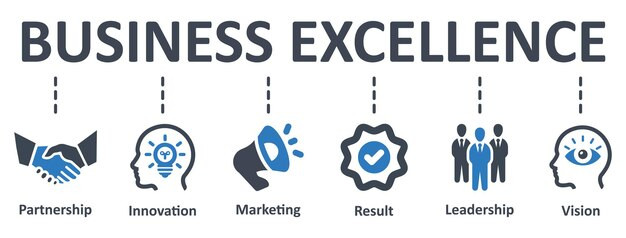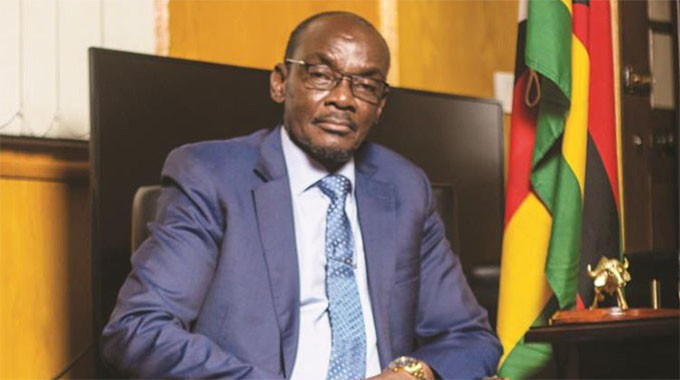
In many organisations, business excellence is mistakenly confined to a department—tucked between compliance and quality assurance.
It is often treated as a function to manage, not a philosophy to embody. In high-performing organisations, business excellence is not a team; it is a leadership mindset, a cultural foundation and a strategic priority that starts at the top. Crucially, the leadership of the company must create a functional system to encompass all aspects of the organisation to embrace a philosophy of business excellence. As the adage goes, everything rises and falls onleadership - thus, management must be both competent and visionary.
To achieve business excellence, leaders must inspire, motivate and cultivate a conducive work environment. They should employ simple, clear methods to evaluate performance against organisational objectives. A standardised framework with defined performance criteria is essential for effective implementation.
It is the utmost role of a leader to make sure that employees who are responsible for the implementation of quality and excellence principles clearly understand the various aspects of business excellence. Every business unit and individual should know their role and how to execute it. Leaders must champion best practices, foster continuous improvement and create value for stakeholders.
Business excellence is a shared commitment to doing the right things—consistently and sustainably. From the boardroom to the back office, every leader must personify excellence.
Clarity of vision
It is the cornerstone of business excellence. A clear vision aligns the organisation’s purpose with daily operations. When every employee, from the C-suite to the front line, grasps the strategic focus, communication improves, and leaders don’t just manage—they mobilise, making decisions that reflect the organisation’s true north.
Operational discipline and relentless improvement
- Australia floods worsen as thousands more flee Sydney homes
- In the groove: Chiwoniso Maraire remembered
- Bosso search for elusive away win
- DYNAMOS coach Tonderai Ndiraya has backed his misfiring strikers to start banging the goals soon.
Keep Reading
The executive top-level management team, which is also termed C-Suite leaders, must shift from seeing excellence as a checklist to seeing it as a capability. The shift requires strategic alignment and creating a culture of best practices over a compliance mentality; thus, shaping the mindset, culture and capabilities required to deliver consistent value, adapt to change and build a high-performing organisation. In a nutshell, operational discipline drives consistency across the business. Consistency, in turn helps with building trust and reliability for leaders across the enterprise by creating systems that normalise excellence.
Business excellence can be a competitive advantage.
Companies that treat it as a mindset outperform peers in execution speed, employee engagement and output quality. Business excellence is not just how an organisation operates. It is how an organisation creates trust that retains customers, a culture that attracts high-value leaders, a discipline that scales growth, and processes that outperform competition.
It all begins with the leaders holding their organisational mirrors on the following questions:
Do I reward consistency just like I do innovation? Most organisations loudly celebrate innovation, yet quietly depend on consistency to survive. Both are essential, but often, only one gets the spotlight. Leaders should make space to celebrate both the steady hand of consistency and the visionary spark of innovation.
,Do I eliminate friction from systems and empower team members to think big and do better? Business excellence does not just come from systems; it also comes from the people who are empowered by the systems.
Do I model the discipline I expect from employees? Modelling discipline does not mean being robotic; it means being reliable, focused, and principled.
Excellence is a daily decision. The most important place it shows up is not in key performance indicators or reports. It shows up in the details that others overlook and disciplines that others avoid. Excellence is not present in grand outcomes; it is embedded in everyday actions, quiet decisions, and consistent standards. Business excellence is a mindset before it is a metric.
- Innocent Hadebe, with 25 years of experience and credentials as a John Maxwell certified business coach, serves as a trusted executive advisor through Innocent Leadership Group (ILG), empowering global leaders to think boldly, lead transformational change and turn operational complexity into measurable success










